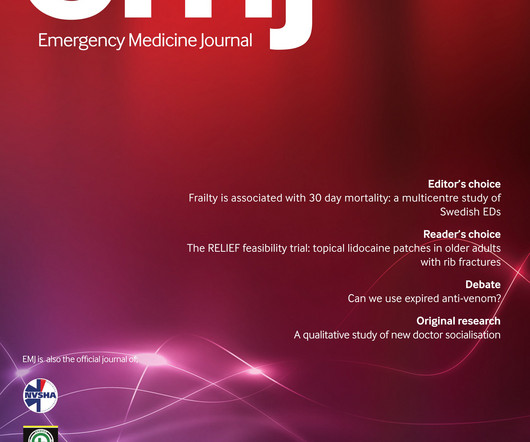Getting everyone to sing in harmony
Don't Forget the Bubbles
SEPTEMBER 23, 2023
This talk, from Clare Skinner, on music, medicine and leadership , comes from our 2022 DFTB conference in Brisbane. I have learned a lot about life, love, and leadership through my adventures in music. There is leadership operating at many levels. Musicianship, collaboration, and leadership, creating beauty in action.



































Let's personalize your content